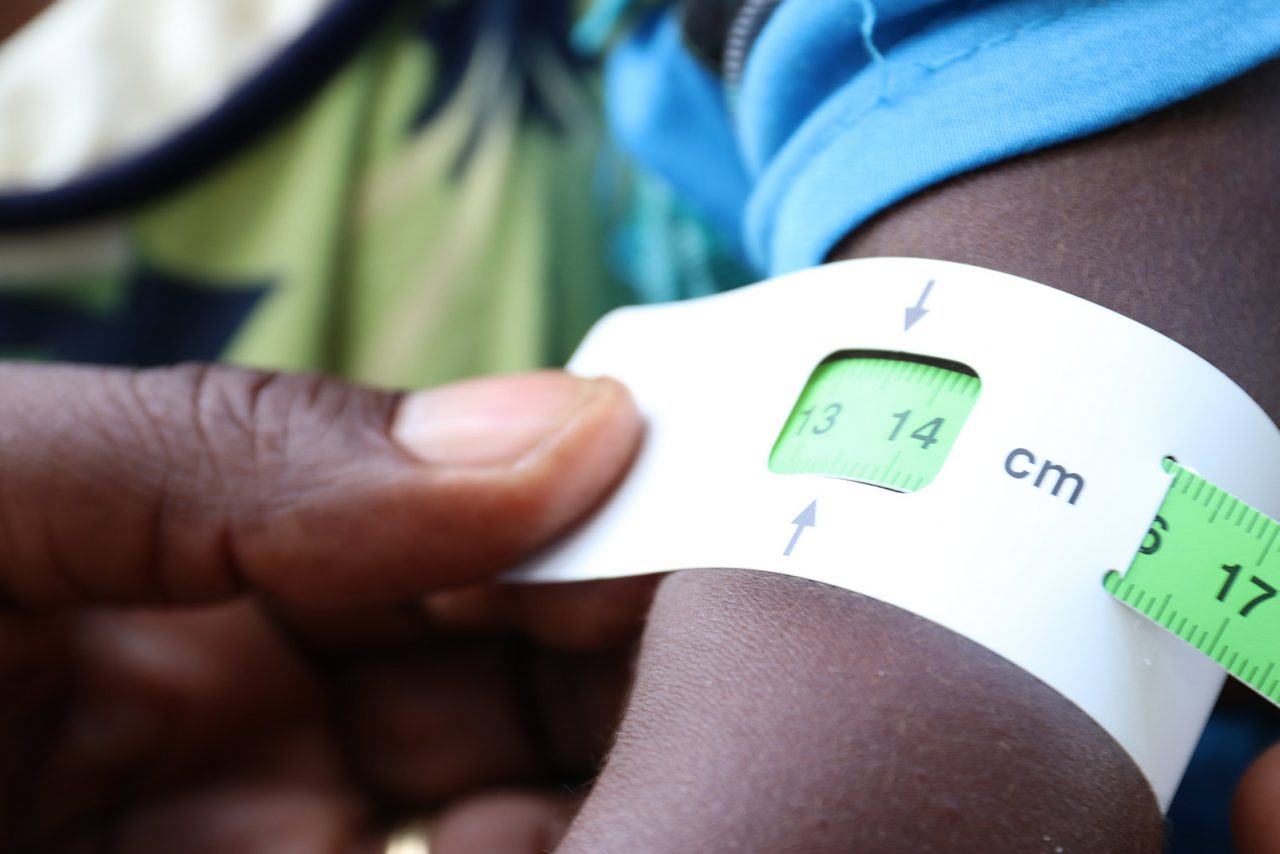Aid organizations call on governments to give a single day’s military spending to fight hunger
Media Contact :
April 20, 2021
Senior Public Relations Manager
[email protected]
m 404-735-0871
Media Contact :
April 20, 2021
Senior Public Relations Manager
[email protected]
m 404-735-0871

GENEVA (April 20, 2021) — A year since the UN warned of “famines of biblical proportions”, rich donors have funded just 5 percent of the UN’s $7.8 billion food security appeal for 2021.
More than 200 NGOs published an open letter today calling upon all governments to urgently increase aid to stop over 34 million people from being pushed to the brink of starvation this year.
The $5.5 billion in additional funding recently called for by the UN WFP and FAO is equivalent to less than 26 hours of the $1.9 trillion that countries spend each year on the military. Yet, as more and more people go to bed hungry, conflict is increasing.
At the end of 2020 the UN estimated that 270 million people were either at high risk of, or already facing, acute levels of hunger. Already 174 million people in 58 countries have reached that level and are at risk of dying from malnutrition or lack of food, and this figure is only likely to rise in coming months if nothing is done immediately.
Globally, average food prices are now the highest in seven years.
Conflict is the biggest driver of global hunger, also exacerbated by climate change and the coronavirus pandemic. From Yemen, to Afghanistan, South Sudan and Northern Nigeria, conflicts and violence are forcing millions to the brink of starvation.
Many in conflict zones have shared horrifying stories of hunger. Fayda from Lahj governorate in Yemen says: “When humanitarian workers came to my hut, they thought I had food because smoke was coming from my kitchen. But I was not cooking food for my children – instead I could only give them hot water and herbs, after which they went to sleep hungry. I thought about suicide several times but I did not do it because of my children.”
At the outset of the COVID-19 pandemic the UN Secretary General called for a global ceasefire to address the pandemic but too few leaders have sought to implement it. Global leaders must support durable and sustainable solutions to conflict, and open pathways for humanitarians to access those in conflict zones to save lives.
Amb. Ahmed Shehu, Regional Coordinator for the Civil Society Network of Lake Chad Basin said: “The situation here is really dire. Seventy percent of people in this region are farmers but they can’t access their land because of violence, so they can’t produce food. These farmers have been providing food for thousands for years – now they have become beggars themselves. Food production is lost, so jobs are lost, so income is lost, so people cannot buy the food. Then, we as aid workers cannot safely even get to people to help them. Some of our members risked the journey to reach starving communities and were abducted – we don’t know where they are. This has a huge impact on those of us desperate to help.”
Notes to the editors
About World Vision:
World Vision is a Christian humanitarian organization conducting relief, development, and advocacy activities in its work with children, families, and their communities in nearly 100 countries to help them reach their full potential by tackling the causes of poverty and injustice. World Vision serves all people regardless of religion, race, ethnicity, or gender. For more information, please visit www.WorldVision.org/media-center/ or on Twitter @WorldVisionUSA.